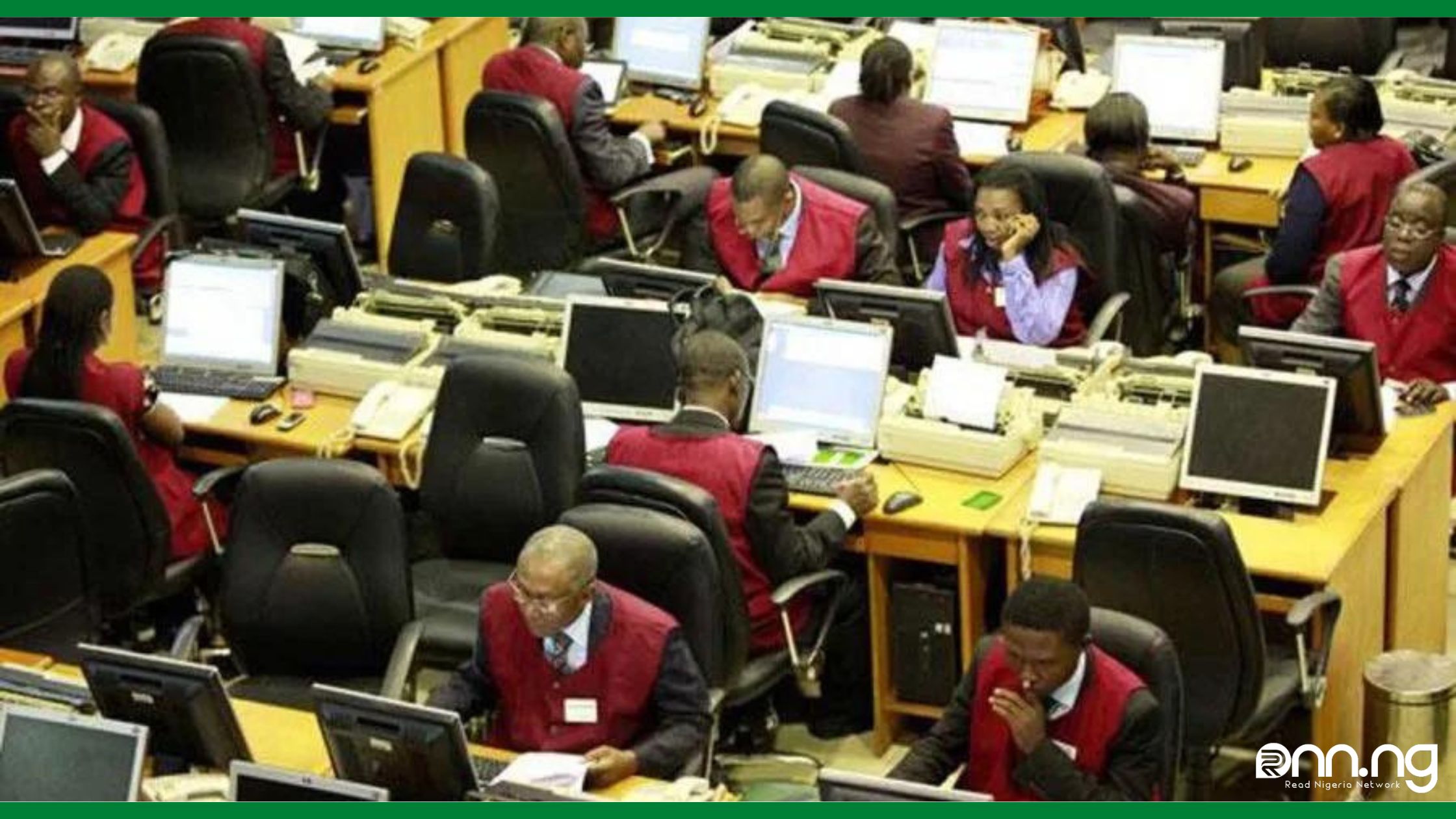Business News
Stock investors lose N3.28tn in three months
Between August 1 and October 31, 2022, stock market investors on the floor of the Nigerian Exchange Limited lost N3.28 trillion of their…

- Stock investors lose N3.28tn in three months
- The NSE All Share Index
- The constant rise in interest rates
Between August 1 and October 31, 2022, stock market investors on the floor of the Nigerian Exchange Limited lost N3.28 trillion of their investment.
The market capitalization of the trading operations decreased by 12.09 percent, or N3.28 trillion, over the course of the three months under consideration from its peak of N27.163 trillion in August to N23.88 trillion as of October 31, 2022.
According to the breakdown, the market lost N2.57 trillion in value in October as a result of aggressive profit-taking by investors in Airtel Africa and Dangote Cement Plc and lost N430 billion in value in September. In August, the market lost roughly N283 billion.
As a result, the NSE All Share Index, which measures the overall performance of all listed stocks, lost 12.24% to close at 49,024.16 basis points on October 31, 2022, as opposed to 49,950.32 basis points on August 1, 2022.
Further research showed that the share price of Airtel Africa fell by N630.40, or 33.08 percent, to N1,275.00 per share in the past three months from N1,905.40 per share in August, and the share price of Dangote Cement fell by 16.8 percent, or N44.5, to N220.50 per share in the same period from N265 per share.
The capital market wouldn’t function in isolation, according to a capital market analyst who spoke with The Punch about the bearish performance throughout the review period.
READ MORE: Stock investors lose N1.7tn in one week
The constant rise in benchmark interest rates, according to Tayo Orekoya, president of PEARL Awards, was the main cause of the current depreciation.
He claims that “the increase in the Monetary Policy Rate is one important element that has contributed to losses. In May, the central bank raised its interest rates. By July 2014, the percentage was 13%. By September, there was a discussion of 15.5%.
“Naturally, you will see that investors would want to withdraw from equities markets to fixed income-yielding investments because there is a moderate risk on the fixed income investments. Of course, as much as the MPR keeps going up, then you would expect that investors will move and that accounts for the loss in the equities market, in favor of the fixed income market.”
